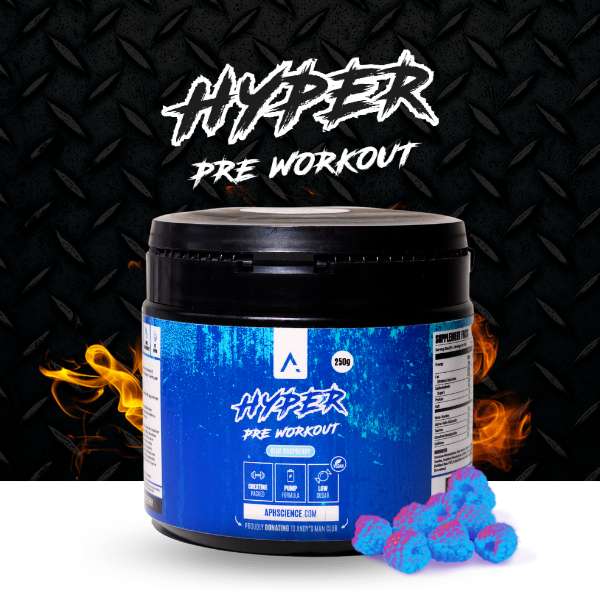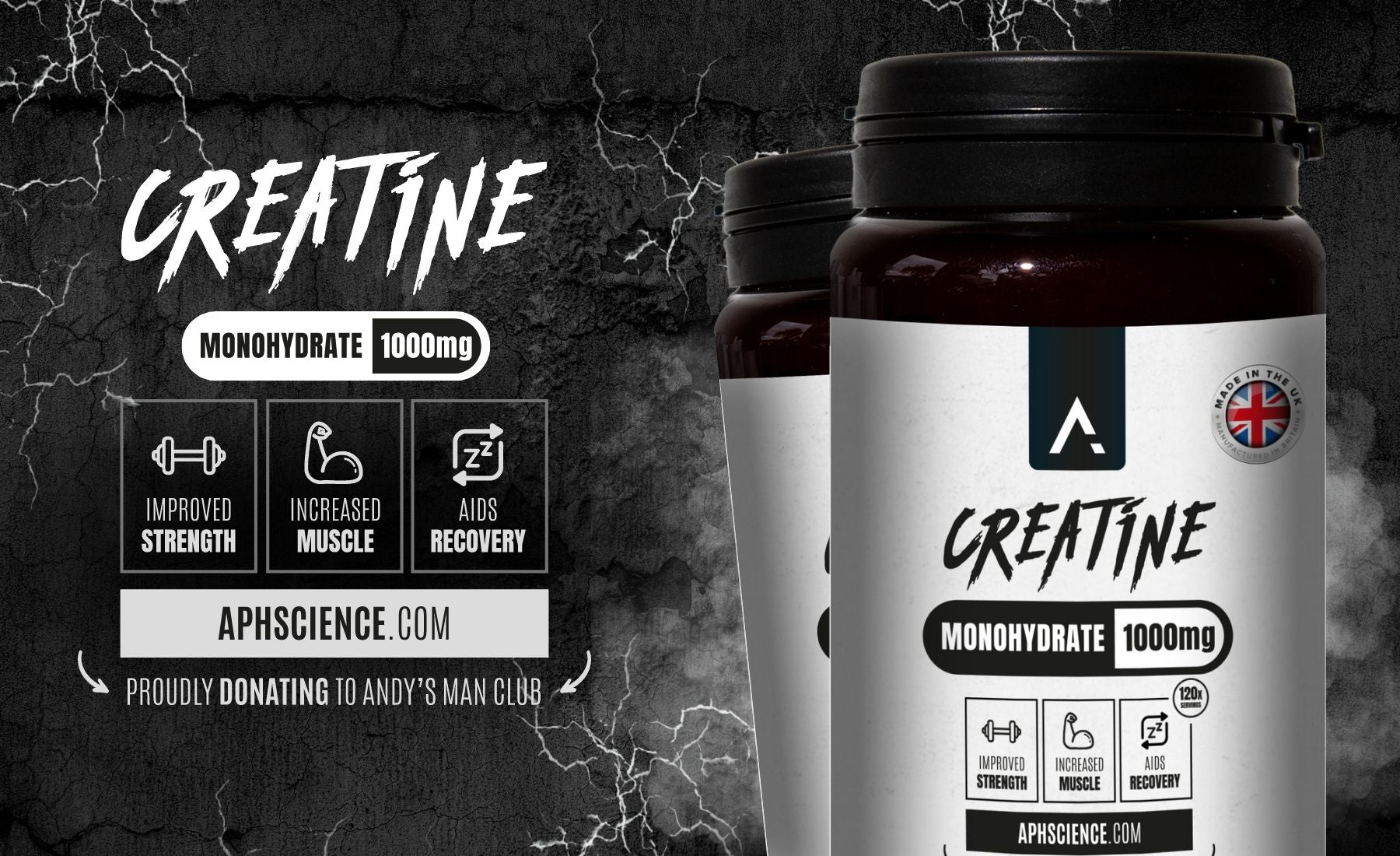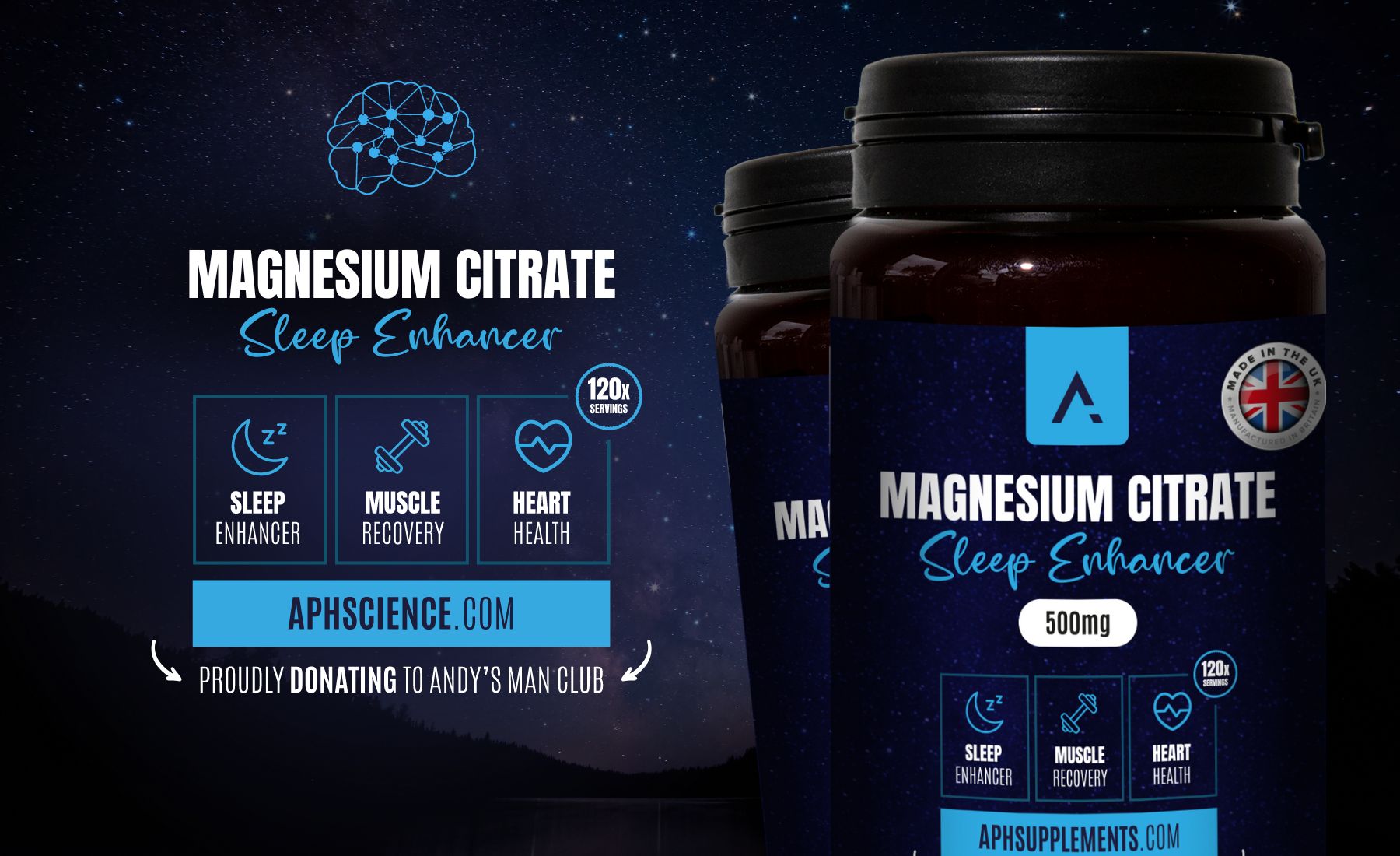Creatine is one of the most popular and extensively researched sports supplements on the market. It has been proven to be effective in improving athletic performance, increasing muscle mass, and enhancing cognitive function. However, despite its widespread use and numerous scientific studies, there is still a great deal of confusion surrounding creatine's mechanisms of action and its potential benefits. In this blog post, we will delve into the science behind creatine, exploring its molecular structure, how it functions in our bodies, and the evidence supporting its use as a supplement.
What is Creatine?
Creatine is a naturally occurring compound found primarily in our muscles, but also present in smaller quantities in the brain and other organs. It is produced endogenously by the liver, kidneys, and pancreas, and can also be obtained through the consumption of certain foods, such as meat and fish. The average person has about 120 grams of creatine stored in their body, with approximately 95% of it found in skeletal muscle.
How Does Creatine Work?
Creatine plays a crucial role in our bodies' energy production system, particularly during high-intensity exercise. It also has other physiological functions related to cellular hydration and protein synthesis. Let's take a closer look at these mechanisms of action:
Energy Production
Our bodies rely on a molecule called adenosine triphosphate (ATP) to fuel various cellular processes, including muscle contractions. However, the amount of ATP stored in our muscles is limited and can only sustain intense activity for a few seconds. To continue exercising at high intensity, our bodies need to quickly replenish ATP levels.
This is where creatine comes in. Creatine binds with a phosphate group to form creatine phosphate, which acts as a reservoir of high-energy phosphate in our muscles. When our muscles need more ATP, creatine phosphate donates its phosphate group to adenosine diphosphate (ADP), turning it back into ATP. This rapid recycling of ATP allows us to maintain high-intensity exercise for longer periods.
Cellular Hydration
Creatine has an osmotic effect, meaning that it can draw water into muscle cells. This increase in cellular hydration has several positive effects on muscle health and function:
It promotes protein synthesis by activating certain signaling pathways.
It prevents muscle protein breakdown by reducing the activity of enzymes responsible for protein degradation.
It increases the size of muscle fibers, contributing to muscle hypertrophy.
Protein Synthesis
Creatine has been shown to stimulate protein synthesis by activating a signaling pathway called the mammalian target of rapamycin (mTOR) pathway. This pathway is crucial for muscle growth and adaptation to exercise, as it regulates the initiation of protein translation – the process by which our cells produce new proteins.
The Benefits of Creatine Supplementation
Now that we understand how creatine works in our bodies, let's explore the evidence supporting its use as a supplement:
Increased Strength and Power
Numerous studies have shown that creatine supplementation can lead to significant improvements in strength and power output during activities such as weightlifting, sprinting, and jumping. The increase in creatine phosphate stores allows athletes to perform more high-intensity repetitions, ultimately leading to greater gains in strength and muscle mass.
Improved Endurance
While creatine is primarily associated with high-intensity exercise, research suggests that it may also benefit endurance athletes. By increasing creatine phosphate stores, athletes may be able to delay the onset of fatigue and maintain a higher level of performance throughout their training or competition.
Enhanced Brain Function
Emerging research indicates that creatine may have cognitive benefits as well. Studies have shown that creatine supplementation can improve memory, attention, and overall cognitive function, particularly in tasks that require short-term memory and quick thinking.
Choosing the Right Creatine Supplement
There are several forms of creatine available on the market, but the most widely studied and proven form is creatine monohydrate. This form has been shown to be the most effective and safe for long-term use. When choosing a creatine supplement, look for one that contains pure creatine monohydrate without any added fillers or additives.
Dosage and Safety
The recommended dosage for creatine supplementation varies depending on the individual's body weight and activity level. A common approach is to start with a loading phase, where 20 grams of creatine are consumed daily for 5-7 days, followed by a maintenance phase of 3-5 grams per day.
Creatine is generally considered safe for healthy individuals when taken at recommended doses. However, it is always a good idea to consult with a healthcare professional before starting any new supplement regimen, especially if you have pre-existing medical conditions or are taking medications.
Conclusion
The science behind creatine has provided us with a solid understanding of its mechanisms of action and the potential benefits of supplementation. By increasing our bodies' capacity to produce ATP, promoting cellular hydration, and stimulating protein synthesis, creatine can help athletes improve their strength, power, endurance, and even cognitive function. As research continues to expand our knowledge of this remarkable compound, athletes and fitness enthusiasts alike can confidently turn to creatine as a valuable tool in their quest for peak performance.











